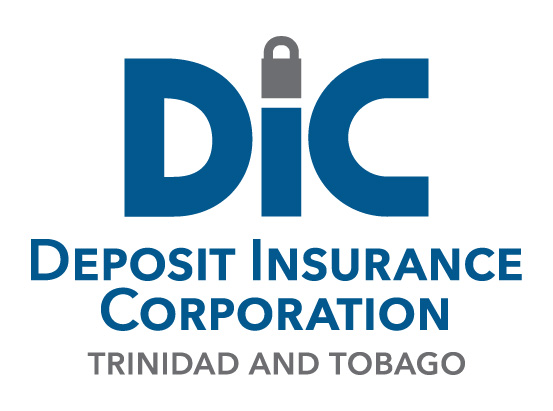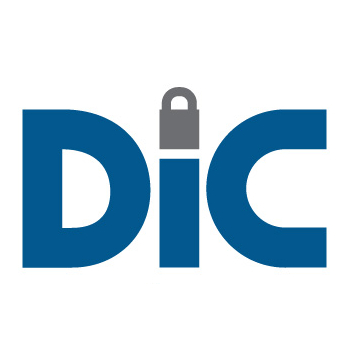Yes. If each of the co-owners has personally signed a valid account signature card and has a right of withdrawal on the same basis as the other co-owners, the joint account and each of the individually owned accounts are separately insured up to the $125,000 maximum. (The execution of an account signature card is not required for time certificates of deposit or any other deposit obligation evidenced by a negotiable instrument, but the deposit must in law be jointly owned.) However, the insurance protection on joint accounts is not increased by rearranging the names of the owners, changing the style of the names, or by establishing more than one joint account for the same combination of owners in the same insured institution. No joint account shall in any case be entitled to insurance coverage in excess of $125,000.
Frequently Asked Questions
- What is the insurance coverage on a trust account held under the provisions of an irrevocable express trust?
- If two or more persons, for example a husband and wife, have, in addition to the individually owned accounts of each, a valid joint account in the same insured institution, is each account separately insured?
- Are Mutual Funds insured?
- How quickly will the Liquidator make payments on certificates?
Did You Know?
- Misconception: Mutual Funds are covered by Deposit Insurance. - Fact: Mutual funds, be they general or issued as a member’s proprietary funds, are NOT covered by deposit insurance.




